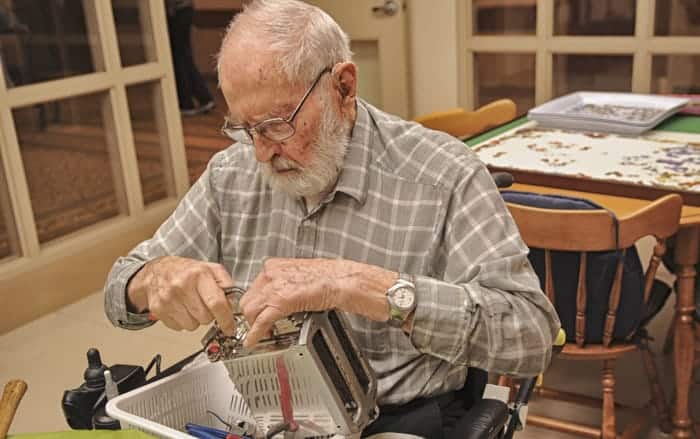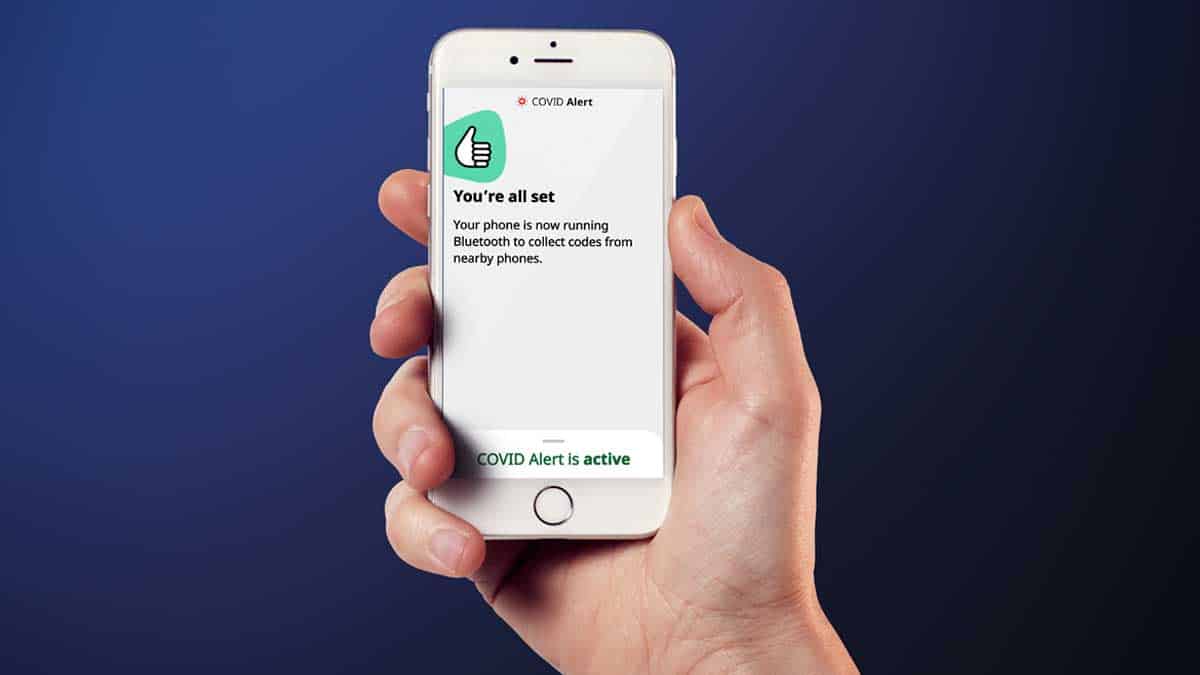Seniors have been the group most impacted by the coronavirus pandemic that’s now been part of our lives for five months. Because older people are most likely to contract and potentially suffer serious repercussions from the virus, many have had to forego much of their daily routines.
Community organizations have stepped up over the months to help seniors deal with chores such as getting out for groceries, doctors visits and the like, tasks that they may have been reluctant to complete on their own, concerned about going out.
Many have also created new ways to keep seniors connected during these strenuous times. The Woolwich Community Health Centre (WCHC) and Community Care Concepts (CCC), for instance, have partnered on a new initiative they call Seniors Centres Without Walls, aimed at giving seniors access to the same programming in which they would normally participate, but without having to leave their home.
Through a teleconference system, seniors will now be able to connect with friends and participants in groups they have not been able to attend in some time. The lack of interaction with others has been proven to be a big health concern for seniors and WCHC wants to ensure they can give seniors the chance to not only stay active, but also stave off concerns beyond COVID-19.
“We in primary care and social organizations want to be reaching out to make sure that people are not just well in the absence of disease, but also being connected with each other and with other agencies. [So with our system] the host sets up the time and sends out the invitation to the participants,” said Rosslyn Bentley, executive director of WCHC. “Most of the groups are 10 to 12 people and then the host knows exactly who is there and the other people can talk to each other. So, it works like a regular teleconference, but it’s invitation only and the people within the teleconference can talk to each other, not just the host.”
The program inspired by COVID-19 will feature programming such as fitness classes, bingo, social coffee time, lessons on how to cope with isolation and mindfulness.
Bentley says participants for a program like a fitness class will be mailed – email or a physical letter – a list of the exercises that will be completed alongside some pictograms illustrating the work that will take place. This is good for the participants that have taken part in in-person classes in the past and know the routine of what will take place. She says there will also be time in each class for people to socialize over the phone to add more socialization into the mix.
While there was some initial concern from fitness instructors about the safety of those who will be involved, she said balancing that risk against social isolation showed them that this was the way to move forward.
“The instructors were initially very concerned [with] what happens if somebody falls or has some kind of emergency and they can’t see them. We expect, especially when you’re dealing with a frail group, you’re looking to do some very specific supervision of people so they’re exercising safely,” said Bentley. “We had to balance that with the risk of them not doing any [exercises or socializing] at all. Some seniors in particular are very, very worried about meeting people face to face, and they don’t have the wherewithal to drive from one place to another. [They also found out] from other people that their social bubble is already occupied by all the members of their family and friends… so they don’t really have the capacity to go and be close with other people.”
For more information contact WCHC online or 519-664-3794.









